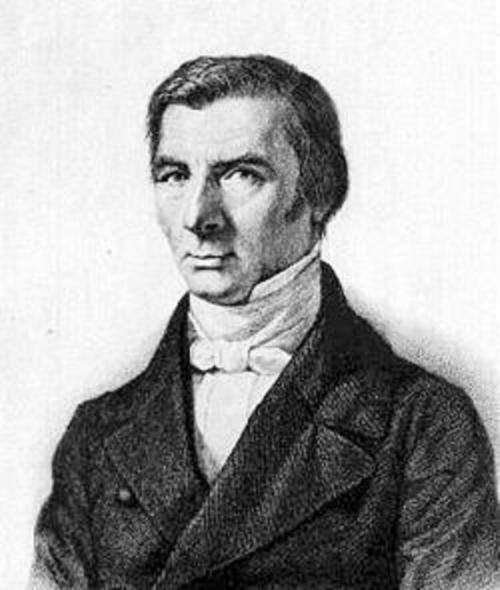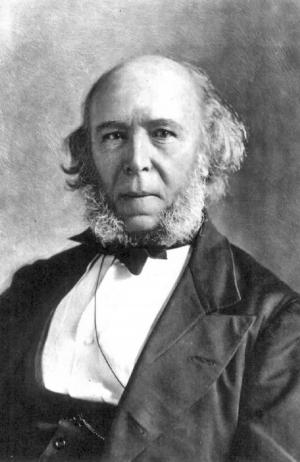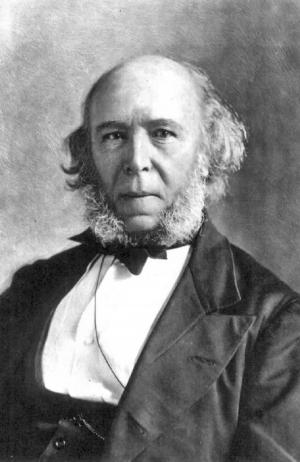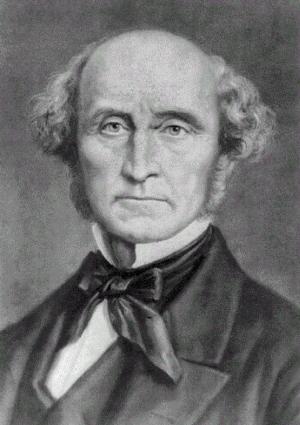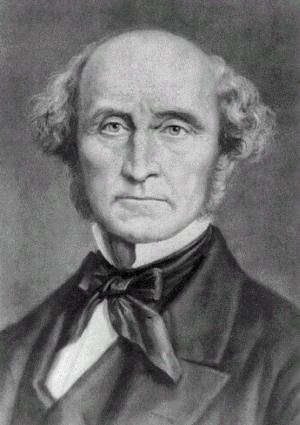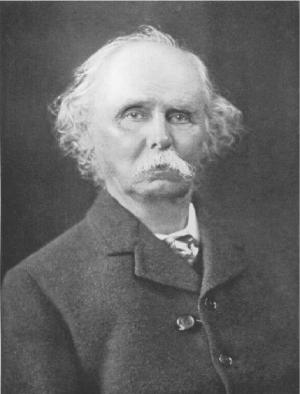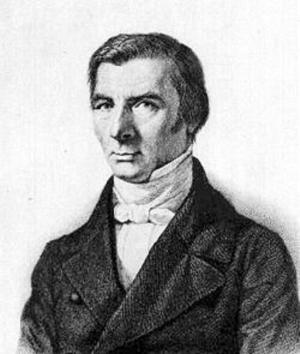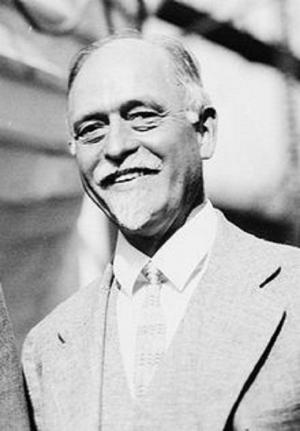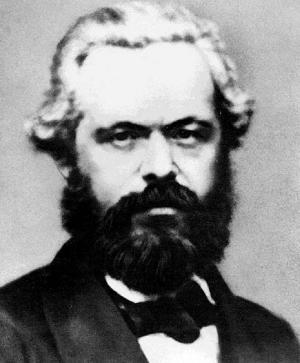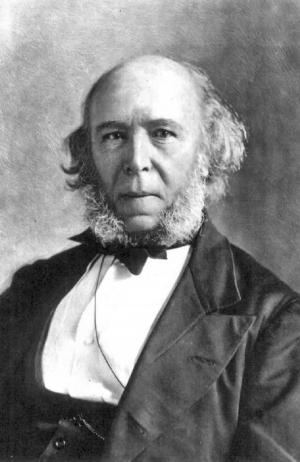Frederic Bastiat on Plunder and Law (Illustrated)
Business & Finance, Economics, Macroeconomics, Theory of Economics| Author: | Frederic Bastiat | ISBN: | 1230000276206 |
| Publisher: | AS Team | Publication: | October 24, 2014 |
| Imprint: | Language: | English |
| Author: | Frederic Bastiat |
| ISBN: | 1230000276206 |
| Publisher: | AS Team |
| Publication: | October 24, 2014 |
| Imprint: | |
| Language: | English |
The book has an active table of contents for easy access to each chapter.
Frederic Bastiat was a French political economist, statesman, classical liberal theorist, and the French Assembly. He coined the important economic concept of opportunity cost. His ideas have become the foundation for libertarian and the Austrian schools of thought.
Most of Bastiat’s political writings were done during the years just before and immediately after the Revolution of February 1848 when France was rapidly turning to complete socialism. As a Deputy to the Legislative Assembly, Bastiat explained each socialist fallacy as it appeared and how socialism must inevitably degenerate into communism that it must fail.
In this essay, Plunder and Law, Mr. Bastiat showed the injustice of the following Articles for a law set forth in these terms by General Council of Manufacturers in France:
Article 1. A tax shall be levied on everyone, and especially on that damned hatter.
Article 2. The men who guard the frontier in the interest of the ironmasters shall be paid with the revenue from this tax.
Article 3. They shall see to it that no one exchanges hats or other merchandise with the Belgians for iron.
Article 4. The cabinet ministers, state prosecutors, customs officials, tax collectors, and jailers are charged, each in his own capacity, with the execution of the present law.
But Bastiat asserted that General Council of Manufacturers in France introduced into society a source of ruination, immorality, disorder, hatred, and perpetual revolutions; that they would open the door to experiments of all kinds with socialism and communism.
Mr. Bastiat proposed the Articles to remedy the ones of General Council of Manufacturers in the essay as the follows:
Article 1. A tax shall be levied on all citizens, and especially on ironmasters.
Article 2. With the revenue from this tax the state shall pay an armed body of men that will take the title of fraternal police.
Article 3. The fraternal police shall enter the warehouses where axes, saws, etc., are stored, appropriate these tools, and distribute them to the workers who want them.
Bastiat claimed in the essay “that I shall no longer incur the risks, the expense, the odium, or the guilt of plunder. The state will steal for me as it does for you. Both of us will play that game. It remains to be seen what would happen to French society if the second of my hypothetical cases were to be made an accomplished fact, or at least what has already happened to it now that the first has been almost completely realized.” History after Bastiat has proven he won in a big way on a global scale.
Bastiat’s reasoning still remains as relevant today as it was then. This essay is one of the most important essays about the deepest thoughts about plunder and law with sound example by Frederic Bastiat, one of the greatest thinkers of political economics on the planet. The Essay is already read more than a hundred years and it will still be read for another century due to its truths.
The book has an active table of contents for easy access to each chapter.
Frederic Bastiat was a French political economist, statesman, classical liberal theorist, and the French Assembly. He coined the important economic concept of opportunity cost. His ideas have become the foundation for libertarian and the Austrian schools of thought.
Most of Bastiat’s political writings were done during the years just before and immediately after the Revolution of February 1848 when France was rapidly turning to complete socialism. As a Deputy to the Legislative Assembly, Bastiat explained each socialist fallacy as it appeared and how socialism must inevitably degenerate into communism that it must fail.
In this essay, Plunder and Law, Mr. Bastiat showed the injustice of the following Articles for a law set forth in these terms by General Council of Manufacturers in France:
Article 1. A tax shall be levied on everyone, and especially on that damned hatter.
Article 2. The men who guard the frontier in the interest of the ironmasters shall be paid with the revenue from this tax.
Article 3. They shall see to it that no one exchanges hats or other merchandise with the Belgians for iron.
Article 4. The cabinet ministers, state prosecutors, customs officials, tax collectors, and jailers are charged, each in his own capacity, with the execution of the present law.
But Bastiat asserted that General Council of Manufacturers in France introduced into society a source of ruination, immorality, disorder, hatred, and perpetual revolutions; that they would open the door to experiments of all kinds with socialism and communism.
Mr. Bastiat proposed the Articles to remedy the ones of General Council of Manufacturers in the essay as the follows:
Article 1. A tax shall be levied on all citizens, and especially on ironmasters.
Article 2. With the revenue from this tax the state shall pay an armed body of men that will take the title of fraternal police.
Article 3. The fraternal police shall enter the warehouses where axes, saws, etc., are stored, appropriate these tools, and distribute them to the workers who want them.
Bastiat claimed in the essay “that I shall no longer incur the risks, the expense, the odium, or the guilt of plunder. The state will steal for me as it does for you. Both of us will play that game. It remains to be seen what would happen to French society if the second of my hypothetical cases were to be made an accomplished fact, or at least what has already happened to it now that the first has been almost completely realized.” History after Bastiat has proven he won in a big way on a global scale.
Bastiat’s reasoning still remains as relevant today as it was then. This essay is one of the most important essays about the deepest thoughts about plunder and law with sound example by Frederic Bastiat, one of the greatest thinkers of political economics on the planet. The Essay is already read more than a hundred years and it will still be read for another century due to its truths.
